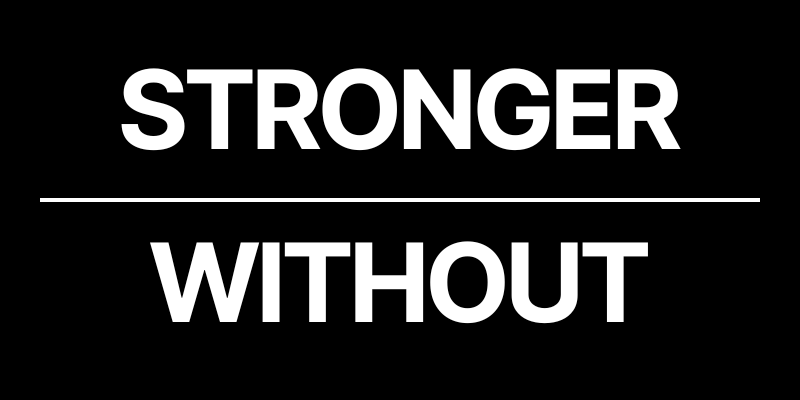Why Chasing Happiness Keeps You Miserable
Lately, I’ve been thinking a lot about happiness.
Ask most people what they want from life and you’ll usually hear the same thing:
I just want to be happy.
It’s treated like the premium emotion. Ranked above all else.
As if happiness is the ultimate proof that a life is worth living.
Which makes sense. The alternative doesn’t sound great.
But what if we’re thinking about happiness the wrong way?
A few years ago, I was at a work event in San Diego hosted by In-Q-Tel, the investment arm of the CIA. It was a surreal setting. The best and brightest minds in emerging tech, a sea of serious faces, shiny suits, and way too many acronyms (why I was invited is still unclear.)
Like most conferences, there was a keynote speaker. In this case, it was Rainn Wilson, best known as Dwight Schrute from the US version of The Office.
(I’ve never really watched the US Office, partly as a stubborn protest against Americans turning one of my favourite UK shows into a 9-season, 200+ episode slog.)
Rainn walked on stage and started talking about happiness. Not your typically keynote talk at an event like this.
He said something that cut through the room like cold air:
Happiness is a pretty ‘meh’ emotion. It’s a byproduct, not a goal.
What we should be aiming for, he argued, is joy.
Most of the audience looked like someone had swapped their spreadsheets for scented candles.
But I couldn’t stop thinking about what he said.
It stuck with me.
For the past few years, I’ve made a habit of cold water swimming, especially first thing in the morning.
It never gets easier. It almost always feels awful at the start. But every time I get in, something shifts. I come out feeling full of energy. Over time, the cold becomes less and less of an issue as my body adapts.
In The Geography of Bliss, Rainn explores this too. In one scene, a group of Icelandic women explain what cold water has taught them about happiness.
And they’re right.
Because stepping into freezing water mirrors stepping into life’s discomfort.
You never feel ready. It’s always hard. But you do it anyway.
Happiness doesn’t come from avoiding discomfort, it comes from choosing it voluntarily.
As one woman put it:
“The main task is to surrender to the cold... and to say to your body: I’m okay.”
Happiness isn’t something you chase.
It’s what shows up after you’ve faced the thing you were afraid of, and realised you were stronger than you thought.
Is The Secret to Happiness in Iceland’s Freezing Waters? | Rainn Wilson and The Geography of Bliss
Why We Get It Backwards
So if happiness comes from surrendering to discomfort, why do we keep doing the opposite?
Here's the problem: when we chase happiness directly, we try to control outcomes. We treat it like a project with KPIs. But happiness emerges, it doesn't arrive on command.
In a recent Modern Wisdom podcast, Anne-Laure Le Cunff put it perfectly:
"Humans don't pursue happiness. They pursue relief from uncertainty. Happiness is a byproduct of clarity."
When people feel their world is unpredictable or chaotic (which in today's world seems constant), they instinctively compensate by creating more control in other areas of life. This makes complete sense. It's rooted in our ancestral wiring. Lack of control historically meant danger, so our brains evolved to seek order whenever uncertainty increases.
Instead of learning to surrender to discomfort (like in cold water), we tense up. We try to force happiness through control.
But the control we're desperately seeking is largely an illusion. We can't control outcomes, only our response to them. It's like trying to control the temperature of the sea while you're swimming in it. The water will be what it is. Your only real choice is how you meet it.
How To Live Freely In A Goal-Obsessed World - Anne-Laure Le Cunff
The Buddhists understood this fundamental truth 2,500 years ago. They taught that our suffering doesn't come from external circumstances, it comes from our attachment to how we think things should be. When we chase happiness through control, we're essentially clinging to outcomes we can't guarantee. The tighter we grip, the more we suffer.
The next time you feel unhappy, don't ask "How can I be happier?" Ask "What discomfort am I avoiding?"
Then surrender to it. The happiness will follow, not because you chased it, but because you stopped running from what you needed to face.
